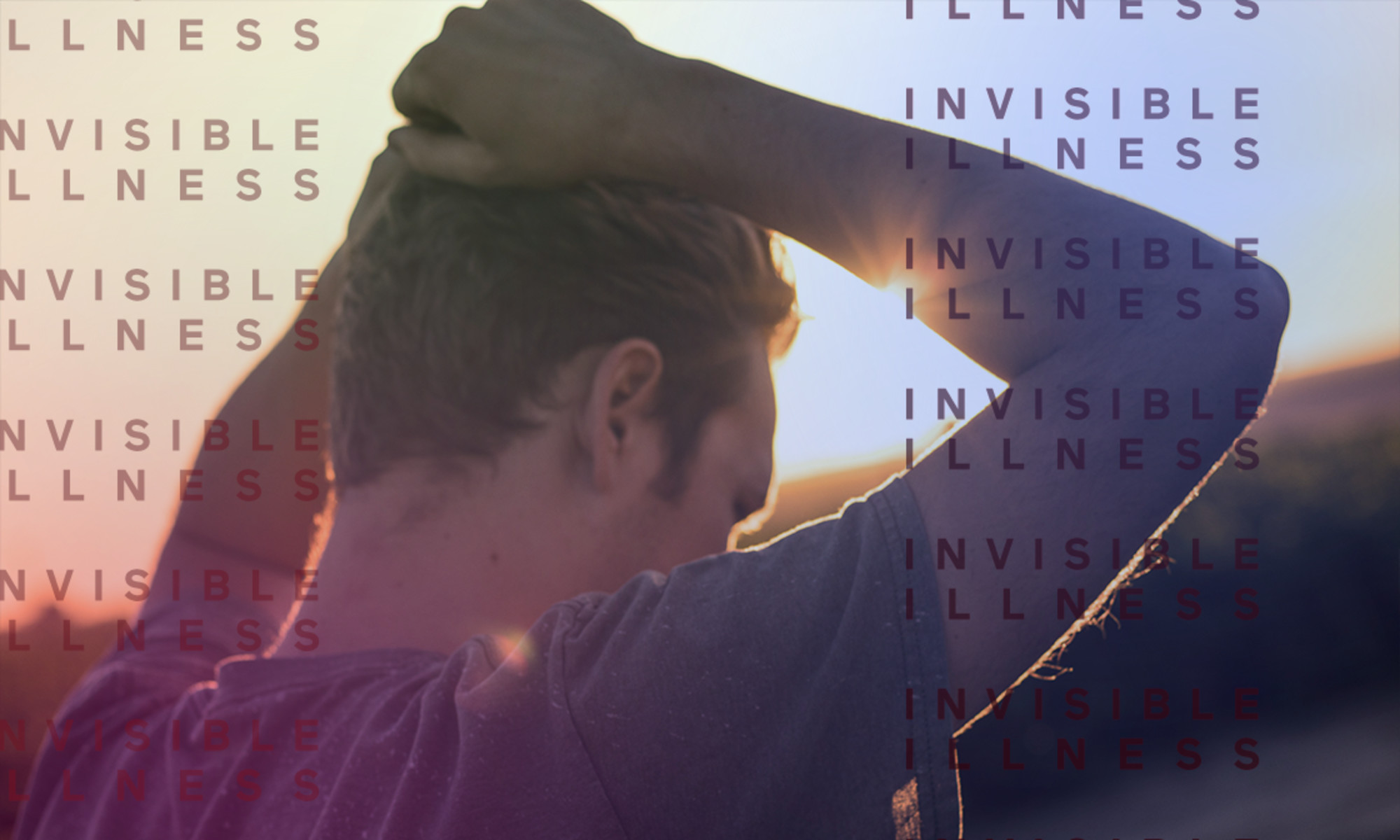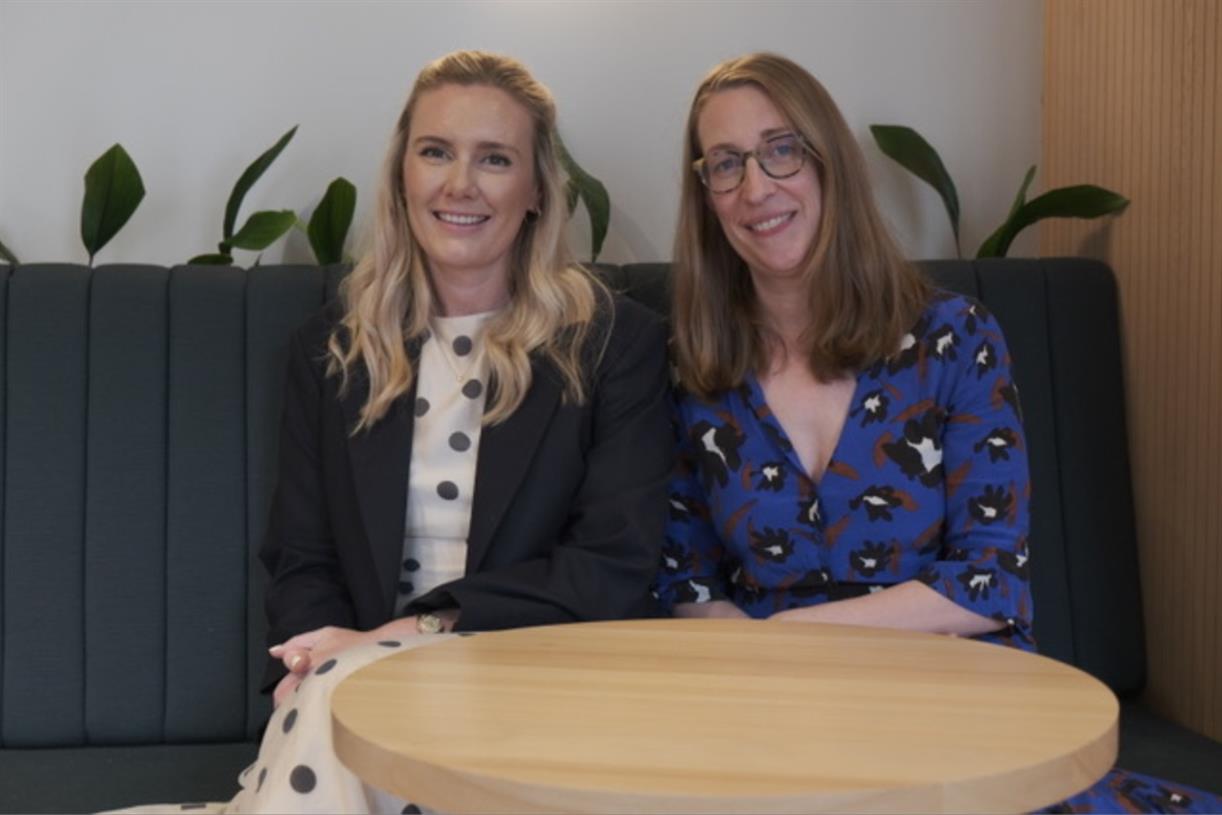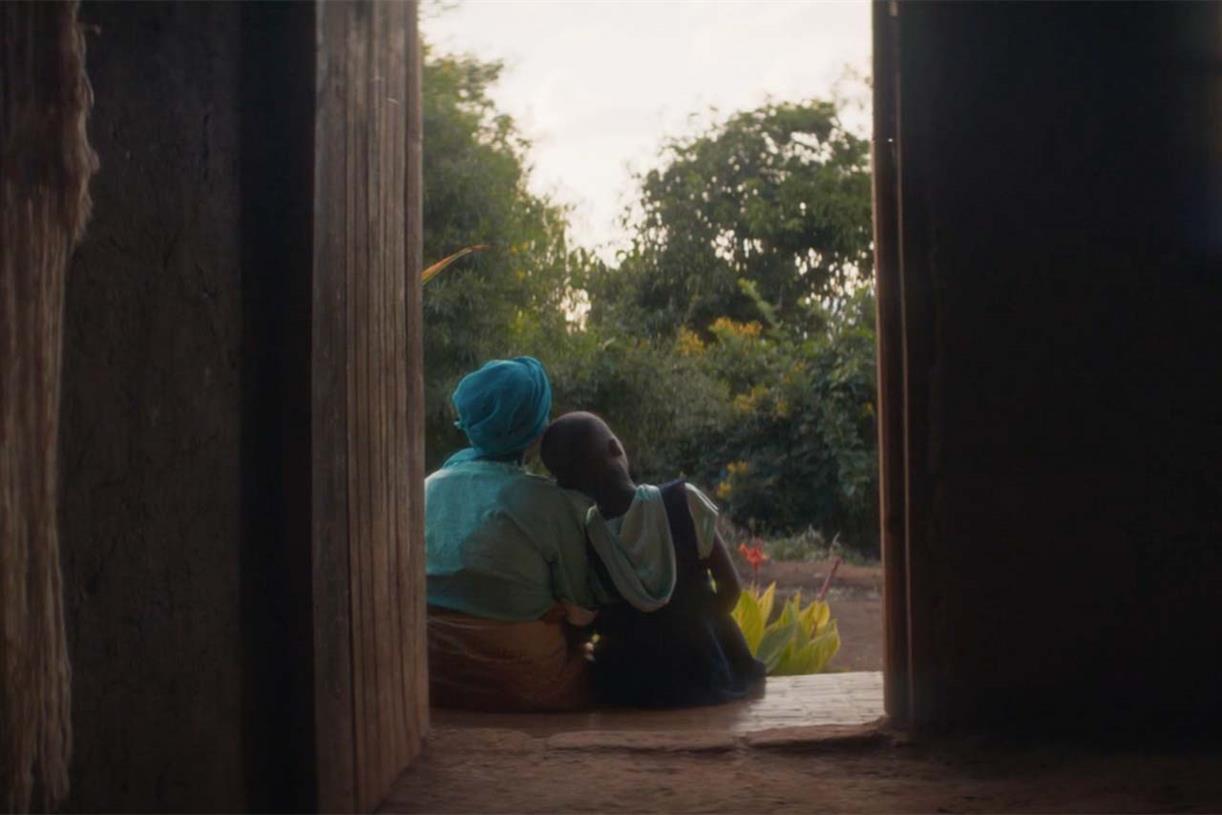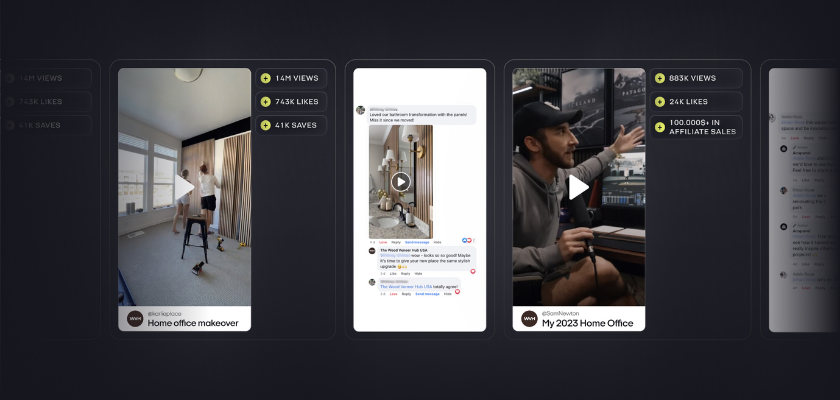I Lost My Brother To A Mental Health Battle: What I Wish More People Knew
What I've learned about being there for him

Invisible Illness Contributor
Invisible Illness Contributor
Harris Schwartzberg is a principal at Two Bridge and has been investing in controlling positions in healthcare companies and real estate for over 30 years. He's a philanthropist with a focus on mental health advocacy and the arts. He is currently on the board of the University of Michigan Depression Center, Cognitive Behavioral Consultants Foundation and BringChange2Mind.
April 22, 2023 Our editors have independently chosen the products listed on this page. If you purchase something mentioned in this article, we may While some health issues are visible to the outside world, many people face chronic conditions that don't have externally visible signs or symptoms—also known as invisible illnesses. In mindbodygreen's series, we're giving individuals with invisible illnesses a platform to share their personal experiences. Our hope is their stories will shed light on these conditions and offer solidarity to others facing similar situations.
Advertisement
This ad is displayed using third party content and we do not control its accessibility features.
When my brother Steven was just two or three years old, my parents noticed that his behavior was different from other kids his age. By the time he was a teenager, it was obvious that he was experiencing social challenges in school. My parents tried multiple types of therapy and alternative treatments to help Steven, but unfortunately, these challenges continued. Steven was born in 1961, and in the 60s and 70s, the stigma surrounding mental health was very real.Understanding his mental health challenges
Even though my brother was a very athletic, good looking kid, his classmates picked up on the fact that he was “different.” Unfortunately, Steven was not in a position to respond to the comments by a few of his classmates which made things worse for him.
Steven had a handful of friends, but didn’t connect with most of his peers. He felt different which created a feeling of isolation. As with most kids who experience mental health issues, he didn’t understand what was going on inside his head, but realized he was different from others.
We lived in a community that was very high stress and high achieving. My parents thought it would be beneficial to remove Steven from the high stress environment and found a highly recommended therapeutic school in Westchester. While we all hoped the change of scenery would be the fix we were all praying for, it did not and things spiraled.
At home his struggles were a bit more visible. My brother's challenges, in turn, put a lot of strain on our family unit. I was six years younger than my brother, and my sister was two years younger. Since I was the youngest, I was less aware of what was happening at the time, but my sister was keenly aware.
At a time, when we all wanted attention, the majority of attention had to be focused on trying to help my brother get better. Despite the tension we all dealt with at home, my parents worked very hard to keep us as a united family unit, while prioritizing my brother’s care.
My parents took Steven to every possible doctor, treatment, and therapist to find a way to make him happy and healthy. Ultimately, years later, he was diagnosed with bipolar disorder.
Advertisement
This ad is displayed using third party content and we do not control its accessibility features.
Dealing with bipolar in adulthood
Similar to many people who struggle with bipolar disorder, Steven’s life was a series of peaks and valleys. As a family, we would always be fearful of “the call” when he’d have an incident or worse.
For the most part, Steve was independent. He worked as a real estate broker in New York City. While he loved it and it gave him a sense of purpose, he didn’t have a lot of success in his career. His bipolar disorder did not impact his depth of knowledge or his passion for his job, but he could never get deals to the finish line–presumably because of his inner demons.
After living with bipolar disease for years, he learned to put on a face for the outside world, and was able to sustain friendships and a social life as a result. He even got married. Ultimately, he was functioning and living a decent life. Unfortunately, as anyone with a family member struggling with severe mental health issues, the successes are fleeting and the struggles and problems are always lurking.
As a family living with severe mental health issues, we have to be accepting, loving and prepared. You never know when you’ll get the phone call and how serious the situation may be. My sister was always there for Steven. She spent many nights on the phone with or came to his aid in person. Whether it was picking him up from his apartment in NYC after finding out he decided to stop taking his medication and wandered the streets or having a hard time with his wife, we always had to be ready to provide whatever help was needed.
The insidiousness of mental health struggles is that you cannot identify someone with mental health struggles. Mental health problems do not discriminate. The homecoming queen, the athlete, the scientist and the seemingly healthy all are at risk. I have said for years that it would be much better if mental health issues manifested themselves in the form of a third limb—that way we could all see the struggle that is otherwise invisible.
While Steven was dealing with all of these heartbreaking challenges, one thing remained constant, he was always an amazing brother, brother-in-law, and an especially loving uncle. His nieces and nephews idolized him. When “Uncle Steven” was around, none of us were relevant as the kids only wanted to be with him. He made them all very happy, and he was always happiest with his gaggle of admiring kids. I thought about this for years and realized it was because young kids have not learned to judge people; they just wanted to play, laugh and have fun—and Steven wanted to make sure they were always happy with him.
While navigating his illness, Steven did an incredible amount of research about his condition. He was constantly finding new therapists, as he really wanted to find the answer to why he was struggling. Steven did most of what people are supposed to do to address severe mental health issues. He didn’t fight therapy or medication, he just wanted to get better.
Unfortunately, one of the major flaws in the mental health system is the reliance on prescription medication and the lackadaisical approach some therapists take toward comprehensive care. Steven, as is the case with many struggling with severe mental health issues, became adept at finding the right psychiatrist that would prescribe medication despite the fact that he was getting other medication from other psychiatrists. Although mixing any combination of prescription drugs, over-the-counter drugs, illicit drugs, and alcohol can be unpredictable and dangerous, his doctors were not proactive in helping him avoid mixing medications.
Most fatal overdoses involve use of more than one type of drug, and at age 47, Steven had a heart attack related to mixing multiple medications that he received legally from multiple psychiatrists. None of these prescribing psychiatrists ever checked to see if he was getting medication from others. A true tragedy that is not unusual.
How to be there for someone in your life who is struggling with mental health
I have become “the call” for many people who have a family member who is struggling. The issues range from family members who are struggling related to sexual assault, eating disorders, self-injurious behavior, basic depression, and a host of other things. I’m always very thankful for these calls. Nobody knows how to navigate mental health problems because each is so unique and I’m happy to be a resource.
Advertisement
This ad is displayed using third party content and we do not control its accessibility features.
When you have a family member or friend in crisis, I always tell people to stay connected to them.
When you have a family member or friend in crisis, I always tell people to stay connected to them. Don’t be a stranger, check in, ask how they are, be persistent. Many people are afraid that if they engage that it may trigger something or they’ll say “the wrong thing.” All evidence is to the contrary.
People need people, and people struggling are usually feeling alone and isolated, so the last thing to do is stay away. While you can’t force someone to seek help, you also can’t give up on people. I believe in continuing to fight, and always being there. Because one of the biggest challenges of dealing with bipolar disorder, in my opinion, is loneliness. So you have to make sure anyone in your life going through this knows that you’re there for them, and they are surrounded by love and support. A phone call (not a text), goes a long, long way.
Watching my brother navigate his illness, and the toll it took on him and our family made me realize how important it is to speak up and advocate for mental health. We should treat mental illness with the same seriousness as any physical illness. I also learned the importance of support and education regarding mental health, all of which has been at the core of my work with Two Bridge.
It has been a longstanding mission of mine to encourage and teach people to be there for their loved ones who are struggling with mental health, not to be afraid to acknowledge what's going on, and to continue fighting for better understanding, access, and resources for mental healthcare.
Advertisement
This ad is displayed using third party content and we do not control its accessibility features.

 FrankLin
FrankLin 
































